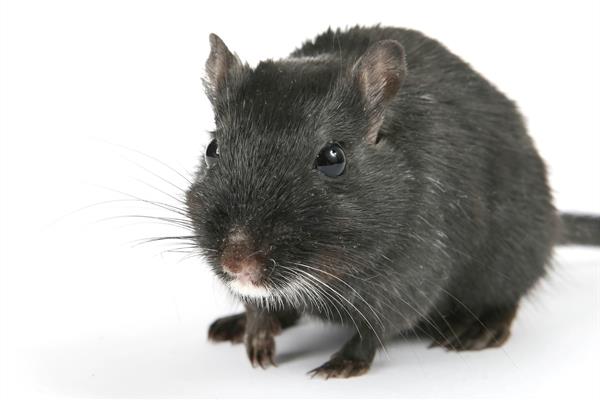Rodent Awareness Week begins October 22
Toy rats, mice, bats and spiders might be great as Halloween décor, but real infestations make for haunted houses that can become your worst nightmare. To promote public vigilance against rodents and the hazards they pose, we are partnering with the National Pest Management Association (NPMA) during Rodent Awareness Week (October 22-28) to provide information about rodents and how you can lessen the chance of an infestation in your home.
As the temperatures drop, unwanted houseguests seek shelter from the elements. Rodents are, at one time or another, a problem for nearly a third of American homeowners. Common house mice, roof rats and Norway rats are most likely to cause problems in New England this time of year, so it’s important that you take steps now to keep them out before they become an issue.
Sneaky and harmful
Rodents don’t need much space to get inside homes. Rats can fit through an opening the size of a quarter, and mice through a hole the size of a dime, so it is easy for them to find access into homes.
Before bringing old boxes of pumpkins and faux cobwebs out to decorate for Halloween, you should inspect them for signs of an infestation such as gnaw marks and rodent droppings. Once Halloween is over and it’s time to pack away the ghoulish decorations, make sure they are stored in a plastic box with a sealed lid. This will prevent rodents from making your out-of-season décor their new home.
Mice and rats can cause damage your home by chewing through drywall, insulation, wood and electrical wiring, increasing the risk for fires. They can wreak havoc in your car by chewing through automotive wiring, which can result in expensive repair bills. They are also known to spread a variety of diseases, including Salmonella, murine typhus, infectious jaundice, rat-bite fever and the potentially fatal hantavirus.
Preventing an infestation
The NPMA says to help prevent rodents from getting indoors:
- Install door sweeps on exterior doors and repair damaged screens.
- Add screens to vents and chimney openings.
- Seal cracks and holes on the outside of the home, including areas where utilities and pipes enter, using caulk, steel wool or a combination of both.
- Store food in airtight containers and dispose of garbage regularly.
- Keep attics, basements and crawl spaces well ventilated and dry.
- Replace loose mortar and weather stripping around the basement foundation and windows.
- Eliminate all moisture sites, including leaking pipes and clogged drains.
- Inspect items such as boxes, grocery bags and other packages for evidence of rodents before bringing them indoors.
- Regularly check under the hood of the car for signs of a rodent infestation.
Take action
If you find droppings, evidence of gnawing or rub marks along baseboards, or hear noises coming from ceilings and walls, you may have a rodent infestation. For best results finding and eliminating rodents, give us a call.
Mice reproduce so quickly. The key to successful mice control is to make certain that enough controls are used and placed within the area of their habitat. Mice are curious creatures so we use that natural curiosity to our advantage in the deployment of a variety of traps. We also use exclusionary techniques to help prevent them from getting into your home altogether.

